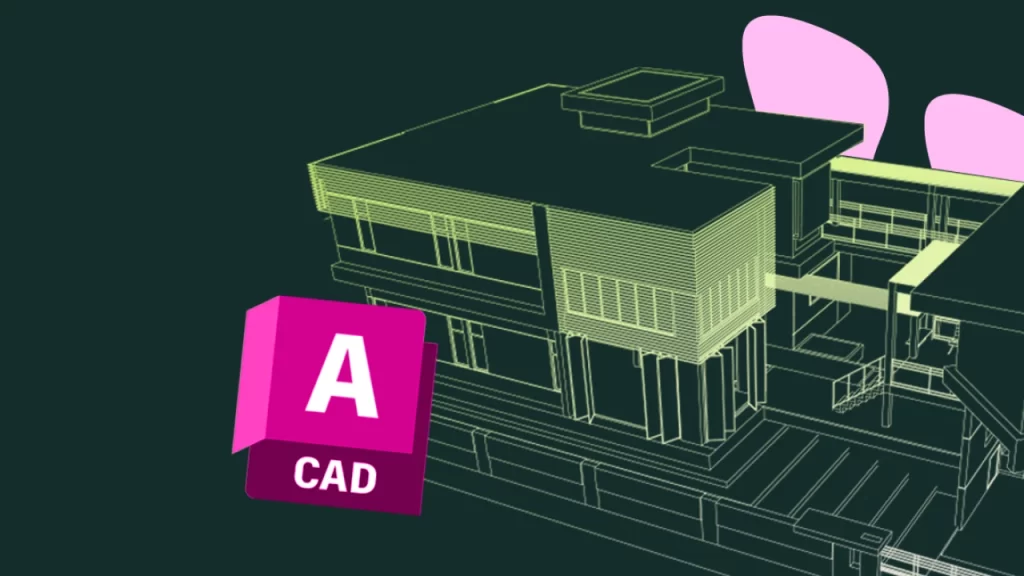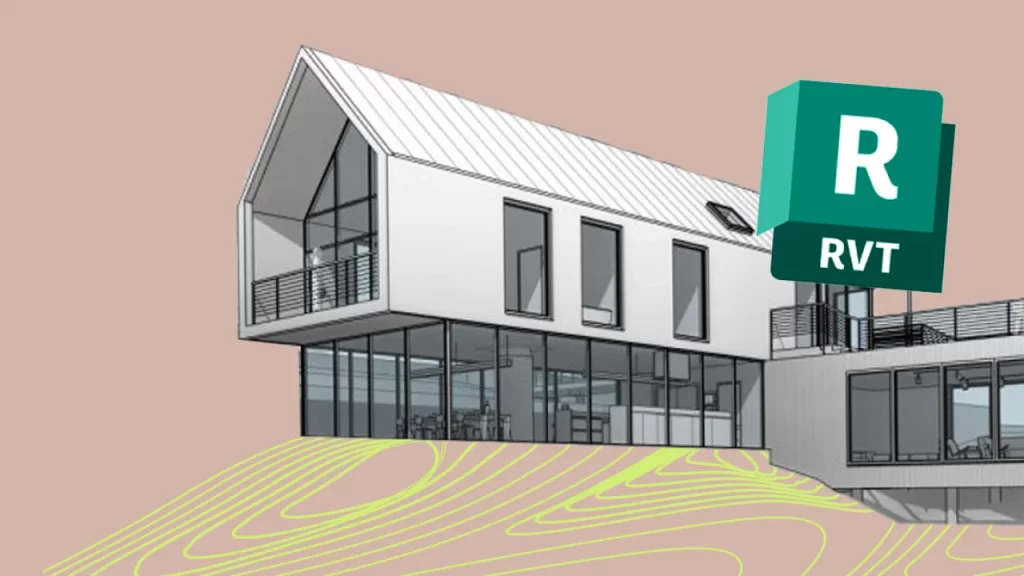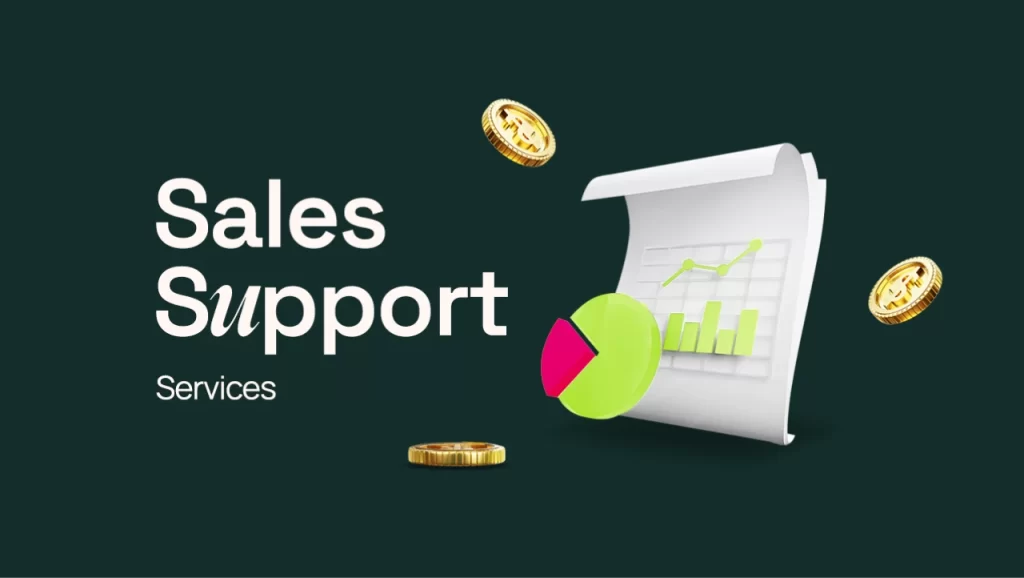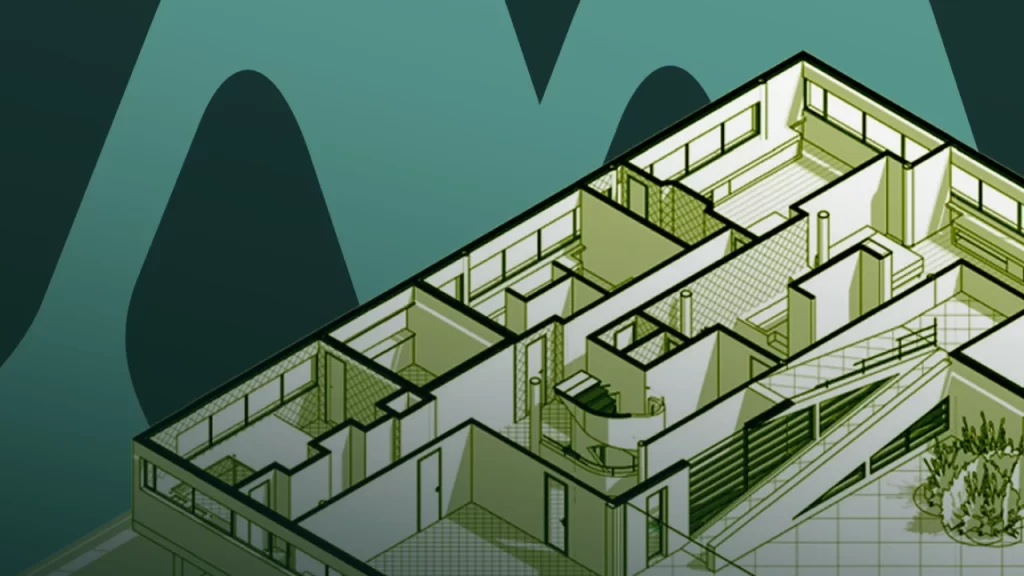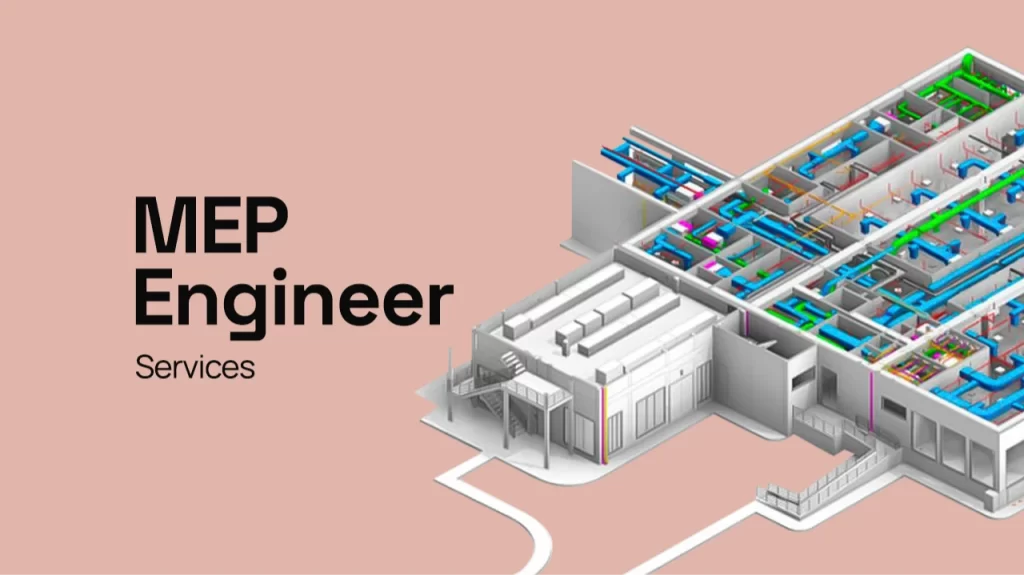Sales Representative (SDRs & BDRs)
and we’ve placed more than 600 professionals
Level up your sales with our specialized professionals
Are you looking to boost your sales growth but don’t have the bandwidth to build your sales team or hire the right talent? Our dedicated sales reps are here to help. They’re the driving force behind uncovering qualified leads, nurturing relationships, and ultimately, closing deals.
Let’s dive into how our Sales Representative can help your business grow.

What are Sales Representative, and what do they do?

Sales representative is the lifeblood of many businesses, fostering connections and driving sales. Their days can blend collaboration and people interaction, but specific duties vary by industry. Whether making cold calls, delivering presentations, or negotiating deals, all SDRs and BDRs share a goal: exceeding sales targets.
The core responsibility? Introducing potential customers to a company’s offerings. This involves generating leads, reaching out, and building relationships to convert interest into sales. Armed with in-depth product knowledge, they tailor their pitches to address specific customer needs, from tech solutions to healthcare services.
Understanding customer challenges and goals is key. Through clear communication, SDRs and BDRs showcase how their products or services can provide solutions. Often, they work towards achieving specific sales quotas within set timeframes, pushing themselves to hit weekly, monthly, or annual targets.
But the role goes beyond presentations and calls. Sales reps might also:
Analyze target markets to identify potential customers and develop sales materials.
Educate consumers on product features and benefits.
Leverage phone calls and emails for lead generation and outreach.
Generate reports to inform sales strategies and programs.
Secure payments and finalize transactions.
Manage inventory and stock products (in retail settings).
Set and forecast sales goals.
Want to supercharge your sales?

What’s the difference between an SDR and a BDR?
In short, SDRs (Sales Development Representatives) are prospecting champions. They identify potential customers, understand their needs, and qualify them as strong leads. BDRs (Business Development Representatives), on the other hand, focus on building and strengthening relationships with qualified leads, moving them closer to the sale.
Whether you need a team to generate a flood of high-quality leads or turn lukewarm interest into committed customers, our SDRs and BDRs have the expertise to take your sales funnel to the next level.

SDRs
BDRs
SDRs are responsible for inbound lead qualification. Sales development representatives (SDRs) are crucial in outbound sales. Their role is to focus on prospecting, outreach, and lead qualification.
BDRs are responsible for outbound lead qualification. Business development representatives (BDRs) are responsible for identifying and qualifying prospects. They use a variety of tactics, including cold calls, cold emails, networking, and social selling.
Some of the responsibilities of an SDR include:
1. Booking meetings.
2. Initial outreach to prospects.
3. Discovery of pain points.
BDRs are responsible for three main outcomes:
1. Identifying new leads.
2. Qualifying them.
3. Connecting them to senior sales members.
A sales rep’s world centers around lead generation rather than closing deals. Once a meeting is booked, the rep will pass the prospect onto an Account Executive for further discovery.
The role of a BDR is to identify and qualify leads, making them the first point of contact for potential customers. Once a lead indicates interest, a BDR will connect the prospect to someone more senior on the team, like an Account Executive.

BDR vs. SDR
Business Development Representatives (BDRs) are often confused with Sales Development Representatives (SDRs).
The two terms have become almost interchangeable in the sales world — especially for smaller companies where these roles are often combined. Yet, there are big distinctions.
But ultimately, none of these roles close deals. Sales Representatives are in charge of starting conversations, qualifying leads, and connecting them with more senior salespeople who will eventually aim to close deals.
To understand better, here are the main responsibilities of each role:
Sales Development Representative
Research, identify, and prospect for new customers:
SDRs should have good knowledge of the prospect’s industry, sales process, competition, and compelling events to make effective and meaningful conversations.
Make more calls and send more emails:
SDRs should reach out to potential leads or promptly follow up with those who have inquired about your company and offerings via phone, email, and social media.
Set up quality meetings and appointments
SDRs should write down a list of smart questions to ask during the call or create a sales call script to qualify or disqualify leads and set up quality meetings with sales executives.
Business Development Representative
Research new markets
BDRs are prospect hunters, going beyond known markets to unearth hidden gems. By leveraging customer personas, behavioral data, and competitor analysis, they identify untapped opportunities with high potential for growth.
Lead generation
BDRs aren’t afraid to get their hands dirty. They analyze customer data to build targeted prospect lists. It might not be the most exciting part of the job, but it’s essential. The quality of those prospects is the key to a BDR’s success – after all, great leads pave the way for great sales.
Networking
Considering the emphasis on outreach, it’s unsurprising that BDRs excel at interpersonal interaction. Leveraging their networking skills, they frequently generate leads by building connections. These skilled networkers are talented at initiating conversations, fostering relationships, and establishing trust.
Social Selling
Effective BDRs recognize the importance of engaging prospects on their preferred platforms, particularly social media. By leveraging these channels, BDRs can establish themselves as thought leaders within their industry and demonstrate their expertise. Additionally, they demonstrate strategic thinking by selecting the optimal platforms and tailoring their outreach based on the most opportune times for engagement.
Perform cold outreach
BDRs focus on generating new leads, also known as prospects, who haven’t yet expressed interest in a company’s offerings. These leads typically require initial outreach, often through cold calls and emails. The objective is to spark introductory conversations and assess if the prospect aligns with the company’s products or services. While this approach can be more challenging than contacting pre-qualified leads (warm outreach), it offers access to a broader pool of potential customers.
Want to supercharge your sales but lack the resources to build your dream team?
WorldTeams’ skilled Sales Representatives are your secret weapon for lead generation, relationship building, and closing deals. Stop wasting time and book a FREE consultation today to learn how our experts can take your sales funnel to the next level.
Here’s what sets WorldTeams apart:
Don’t wait! Schedule your free consultation and discover how WorldTeams can help your business thrive.

